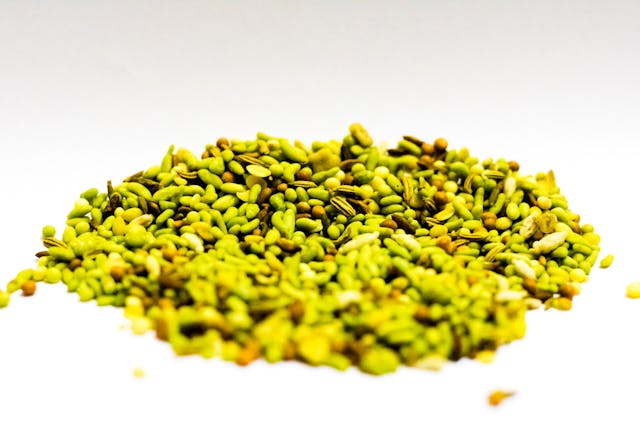
What is the GERD Cough? What is the Treatment for GERD?
Time to read 3 min
Time to read 3 min
The GERD cough can seem like a coughing fit or attack of constant phlegm filled coughing. It can also feel like a burning sensation in your throat, potentially due to the irritation caused by the gastroesophageal reflux.
You can have flare-ups of GERD coughing based on a range of factors, which is why starting lifestyle changes and initiating treatment is key. You should generally not experience congestion, wheezing, and irritation when you're coughing from a flu, which is why the GERD cough is unique.
Along with the GERD cough, you can have a range of symptoms to confirm whether it is GERD. Patients with chronic cough and acid reflux can experience additional symptoms such as head aches, weakness, body pain, etc.
Of the many symptoms of GERD, you will find irritation of the throat to be the most common. In the case of chronic cough or of gastroesophageal reflux disease, there is a sense of irritation and inflammation in the throat.
You will find that you are getting more tired more easily, when you have GERD or GERD cough. Your energy levels are depleted, but you may not have the symptoms of fever and exhaustion. This could be a sign of GERD.
Acidity may be a cause of chronic cough as a person with GERD can be experiencing acidity at various times in the day. In patients with GERD cough, acidity is another common sign, which is when the chronic cough is termed under GERD.
You can experience heartburn, along with stomach acid reflux and irritability. This heartburn can be treated with antacid and over-the-counter solutions. However, you should focus on diet and lifestyle changes for heartburn.
Your voice can change over time when you have long-term GERD cough. It could become more hoarse as your throat gets more irritated and inflamed.
You can have harsh coughing fits that may not be connected to any other condition. Your coughing fits may also be triggered when you have acidity, which is when home remedies and acidity medication can help.
You can focus on long-term changes in your daily life to prevent the coughing fits of GERD. You can also track the symptoms of GERD over time, to check for severity of coughing or pain.
A highly processed diet that doesn't have nutritive elements can lead to GERD coughing over a few years. You can experience stomach pain, acidity, and coughing when you have fried foods or excessive outside food. You should switch to fruits, vegetables, whole grains, and other high quality foods.
You need to cut out smoking and drinking to see improvements in your GERD coughing. You would have to opt for alternative stress relief methods to bring homeostasis back into the body. You can also opt for warm water baths, massages, and yoga for improving the overall lifestyle.
It is important to opt for physical activity on a daily basis so that you're feeling full of life and energetic. You can choose walking, hiking, swimming, jogging, and a range of activities that can help you feel vitalized.
When it comes to GERD cough, you can opt for basil, mint, coconut water, almonds, and Aloe Vera juice to help you with symptom relief. You can also choose Saunf, black cumin seeds, and Ajwain, to help with acidity relief.
Antacids can help provide relief in the short term if you have a coughing fit and are feeling dizzy or weak. They can help with acidity and improving your symptoms if you are getting stomach pain, bloating, and gas.
Gaviscon and other foaming agents can help with suppressing the stomach reflux. They contain alginic acid which can help with GERD symptoms and providing relief. You can consult with your doctor about taking foaming agents if you have another medical condition.
There may be certain types of foods that can cause GERD cough and trigger the gastroesophageal reflux disease symptoms. Patients with GERD related chronic cough should avoid these trigger foods if they want to avoid GERD symptoms.
* * Medical Disclaimer - The following information is for educational purposes only. No information provided on this website, including text, graphic, and images, are intended as substitutes for professional medical advice. Please consult with your doctor about specific medical advice pertaining to your condition(s).


